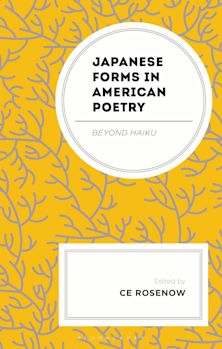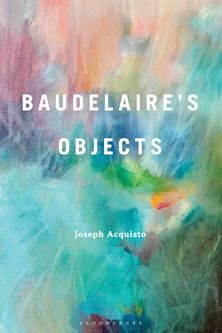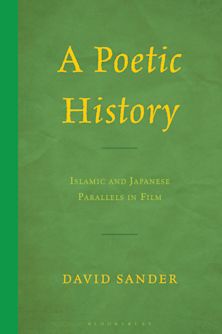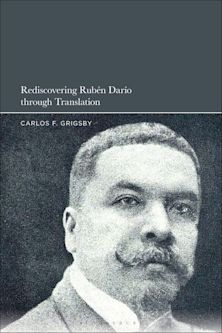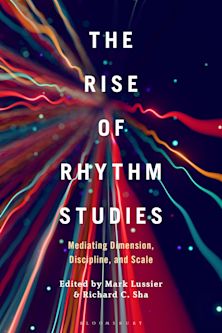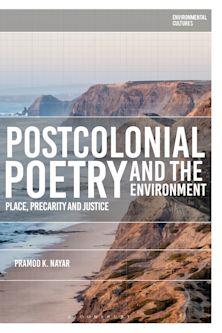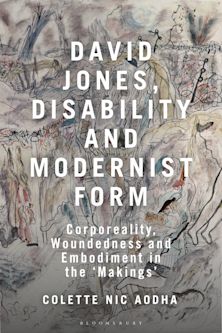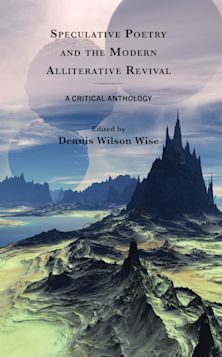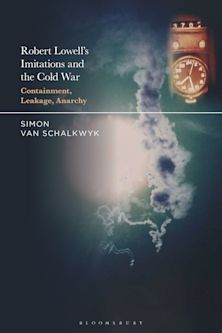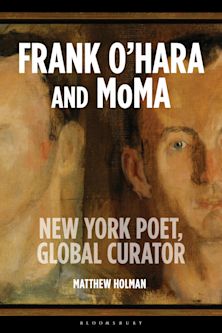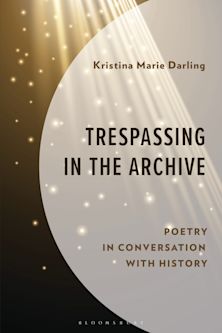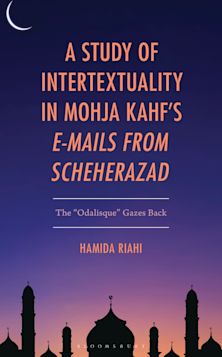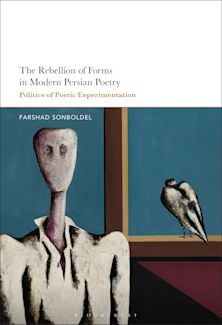- Home
- ACADEMIC
- Literary Studies
- Poetry and Poetics
- Women's Poetry and Poetics in Late Imperial China
For information on how we process your data, read our Privacy Policy
Thank you. We will email you when this book is available to order
You must sign in to add this item to your wishlist. Please sign in or create an account
Description
This literary study examines women-authored poetry and poetic criticism in late imperial China. It provides close readings of original texts to explore the poetic forms and devices women poets employed, to place their work into the context of the wider literary history of the period, and to analyze how they asserted their own agency to negotiate their literary, social, and political concerns. The author also investigates the interactions between women’s poetic creations and existing male scholars' discourses and probes how these interactions generated innovative self-identities and renovations in poetic forms and aesthetics.
Table of Contents
Chapter 2: The Female Recluse: The Trope of Withdrawal and Self-Representation in Poems by Two Late Ming/Early Qing Women Writers
Chapter 3: Playful Seriousness: Women’s “Teasingly Composed” Poems
Chapter 4: “To Blaze One’s Own Path”: Allusion and Renovated Subjectivity in Women’s Poetry
Chapter 5: “New Wine in Old Bottles”: Classical Poems by Women Writers in the New Media at the Turn of the Twentieth Century
Product details
| Published | May 24 2017 |
|---|---|
| Format | Ebook (Epub & Mobi) |
| Edition | 1st |
| Extent | 192 |
| ISBN | 9781498537872 |
| Imprint | Lexington Books |
| Publisher | Bloomsbury Publishing |
About the contributors
Reviews
-
Yang’s engaging and impressively researched book makes a significant contribution to the study of women’s literature of the late imperial period and will become an indispensable source for the study of imperial Chinese literature and history.
Nan Nü: Men, Women and Gender in China
-
This study is commendable for its groundbreaking analytical approach, which draws inspiration from both traditional Chinese ‘intuitive’ criticism and Western cultural theory. Haihong Yang has asked great questions about Chinese women poets, making this book both engaging and thought provoking.
Kang-I Sun Chang, Yale University
-
This new and long-awaited study provides an in-depth examination of women’s poetic contribution to classical Chinese literature. It focuses on women writers’ participation in the construction of literary conventions through reassessing their poetic creations and interactions with their predecessors and contemporaries, and by remapping their relations with, and positions within, the male canons of late imperial China. The author aptly genders conventional poetic techniques, topics, and sub-genres to nuance their performances in women’s poetry, showing women’s courageous renovation of male poetics and their inventiveness in nurturing a counterpart of their own. This book enriches our understanding of women’s accomplishments yet to be fully explored in classical Chinese literature.
Nanxiu Qian, Rice University
-
Haihong Yang’s study presents a major addition to the growing body of scholarship on late imperial Chinese women’s literature by looking into the various strategies used by these women authors to create ‘a tradition of their own.’ Topics discussed include attempts at devising a female poetics, the repositioning of male tropes like ‘the recluse’ in a female context, the use of ‘poems written in jest’ to make controversial claims, and the innovative use of allusions. The monograph concludes with a chapter devoted to poems written by women in celebration of the changes in women’s education in the final decades of the Qing dynasty. In each chapter a general introduction precedes a more detailed case study. It has to be considered a strength of this volume that each chapter tantalizingly leaves the reader wishing for a more comprehensive treatment of its theme.
Wilt L. Idema, Harvard University
-
This engaging monograph on women’s poetic practice in late imperial China provides fresh insights into historical women’s gendered intervention into the mainstream literary tradition. Through astute analysis of exemplary works, Haihong Yang skillfully shows how women succeeded in appropriating a long-established poetic language to make their writing a new and vital part of China’s literary legacy well-deserving of recognition.
Grace S. Fong, McGill University












